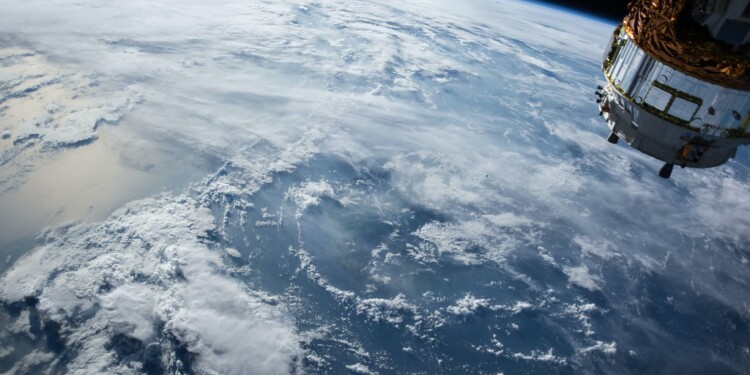Investment in space-based technologies is at an all-time high. An estimated $17.1 billion was invested into 328 space companies by venture capital firms in 2021. Wall Street forecasters project that the ‘space economy’ will be worth trillions within the next 20 years and investment into space infrastructure has already grown by 50% since 2020 with $14.5 billion invested just last year.
One sector that is at the forefront of this rapid growth in space-related industries is space mining. We are now entering an era of commercial resource extraction in space and countries are now competing to gain access to the vast wealth of rare minerals available across our solar system and beyond.
The United States has become the first nation to ratify a law that recognizes property rights regarding materials acquired in space. Luxembourg and the United Arab Emirates are not far behind in this respect and are rapidly getting closer to implementing laws regarding space resource extraction. Many other countries, including China and Russia, have also made space mining a matter of national importance.
The potential financial benefits of mining in space are significant. The major asteroid belt in our solar system alone is so rich in mineral wealth that its value would give each person on earth $100 billion. For decades, scientists have puzzled over techniques to extract this wealth from space. However, the technology required to harvest these riches may have been under our noses the entire time in the process of biomining.
Already widely used to extract valuable minerals such as copper, gold, zinc, and cobalt on earth, biomining is a process whereby specific types of microbes leach these valuable metals directly from ores below the earth’s surface. It has been proven to be successful on an industrial scale across Chile. Biomining developments such as Lo Aguirre produced over 300,000 tonnes of copper between 1980 and 2002. Other mines in Chile have exclusively been using bioleaching to extract minerals since 1994.

The small-scale experiments completed in the microgravity environment on the International Space Station have shown that extracting minerals through biomining in space is possible. Scientists are encouraged as the process would require a relatively low amount of energy in comparison to other techniques for mining rare earth metals in space. The need to import materials from earth would also be mitigated, reducing the overall cost of the process.
While scientists have demonstrated that biomining in space is possible and has the potential to usher in a new dawn for resource extraction across the cosmos, there is still a long way to go before it becomes viable on an industrial scale. As Charles Cockell, an astrobiologist from the University of Edinburgh, explains, “You would want a much bigger reactor, you might want to introduce stirring and, of course, post-processing. We showed that the elements could be leached from the rock, but eventually you’ve got to remove them from the liquid and purify them so there are other steps as well.”
The Dark Side of Ocean Mining: We Are Not Prepared | Our Outer Space Future: Is There a Better Way Out? | Space Cooperation with Russia in Jeopardy | Seven ways new technology will impact the mining sector |
“This [research] is definitely the first step, but it’s an exciting first step I think, as it shows that we’ve demonstrated biomining is possible in space. The next steps would be to scale this up, to try to do it on a larger-scale space station and involve not so much scientists like us but involve economists and engineers who then need to think about how they would do this on a larger scale.” Charles Cockell added.
If space colonies of the future are to be self-sustaining, biomining is the most logical solution. Although current research in the area is at a preliminary phase with experiments on an extremely small scale, the results have been promising. The next step is to attempt biomining practices on the moon in a sizeable bioreactor, but this will require human feet on the ground as it would be extremely challenging to experiment through remote technology.
We may still be a long way off, but biomining has the potential to lay the foundations for self-sufficient space colonies in the future. These recent scientific breakthroughs are significant but will need support from engineers, economists, and investors if the full potential of biomining in space is to be realized.
Editor’s Note: The opinions expressed here by Impakter.com columnists are their own, not those of Impakter.com – In the Featured Photo: Space has vast amounts of valuable mineral resources. Featured Photo Credits: Unsplash.











